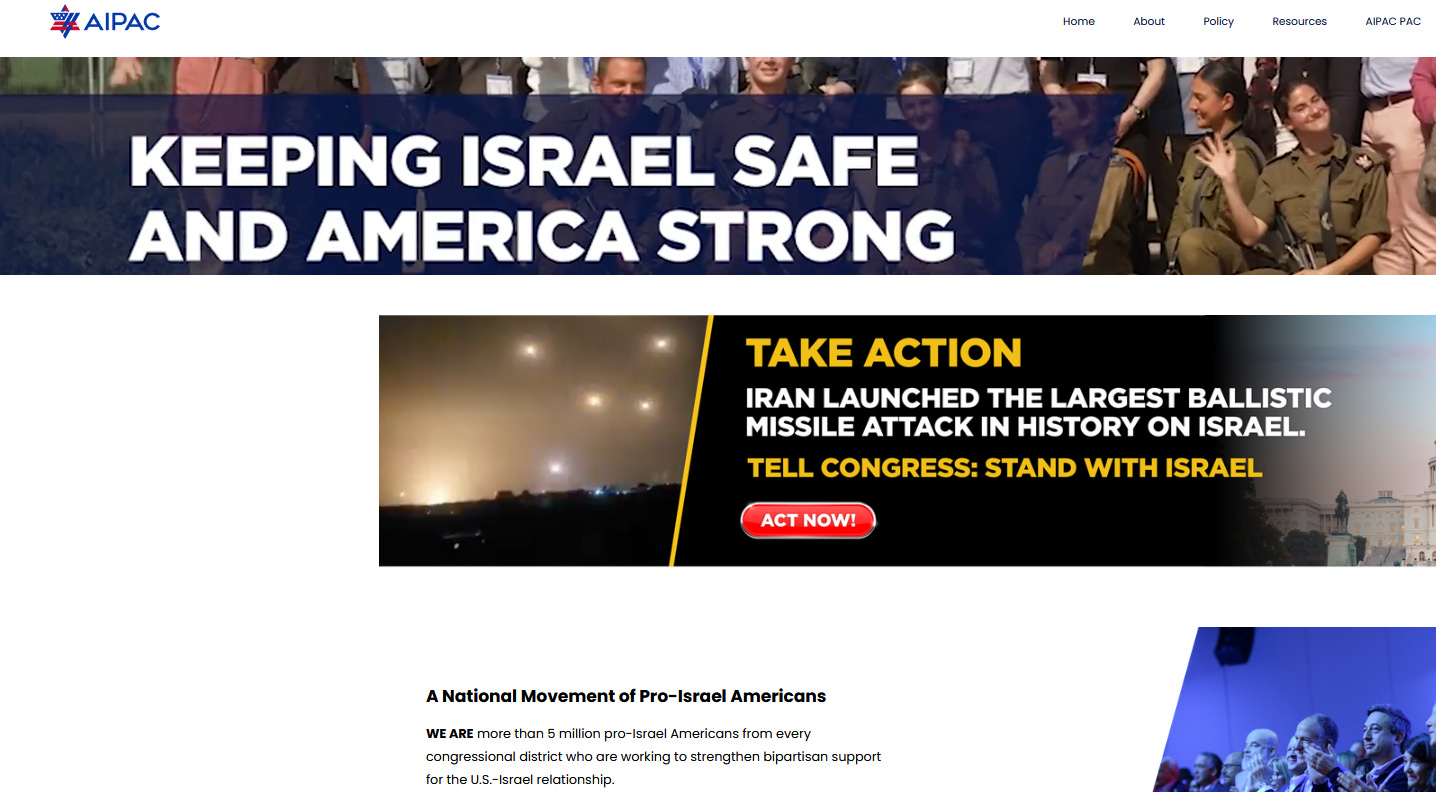Understanding the Influence of AIPAC on U.S. Politics
The American Israel Public Affairs Committee (AIPAC) stands out as one of the most powerful lobbying organizations in the United States, significantly impacting U.S.-Israel relations since its inception in 1963. This non-profit entity tirelessly advocates for Israeli interests within the American political framework, influencing decisions from Congress to the presidency.
AIPAC’s Objectives and Strategies
AIPAC primarily aims to ensure that U.S. policies are favorable to Israel. The organization employs a variety of strategies to achieve this goal, including:
Lobbying and Financial Support: AIPAC heavily invests in lobbying efforts targeting members of Congress and offers financial backing for their election campaigns, thereby promoting support for Israel.
Organizing Events and Seminars: By hosting a range of events, AIPAC provides lawmakers with insights into Israel, which reinforces favorable perceptions of the country.
Connecting Experts: AIPAC collaborates with academics and media professionals to build a positive image of Israel, effectively countering criticism.
The Challenge to Political Freedom
AIPAC’s considerable influence presents notable challenges to political freedom in the United States. Criticism of Israel is frequently labeled as “anti-Semitic,” leading to a political atmosphere where many feel compelled to conform to AIPAC’s viewpoints. This dynamic results in the marginalization of dissenting opinions, which in turn stifles open political discourse.
Impact on Public Opinion
AIPAC also plays a crucial role in shaping public opinion by controlling media narratives, often framing anti-Israel sentiment as prejudiced. This framing can lead to hesitance among Americans to voice criticism of Israeli policies, for fear of being labeled anti-Semitic, thus constraining democratic participation.
AIPAC's far-reaching influence on U.S. politics not only affects legislation but also has significant implications for the broader democratic process. As discussions surrounding U.S.-Israel relations evolve, understanding AIPAC’s role becomes essential for comprehending the complexities of American foreign policy and its effects on political freedom.


